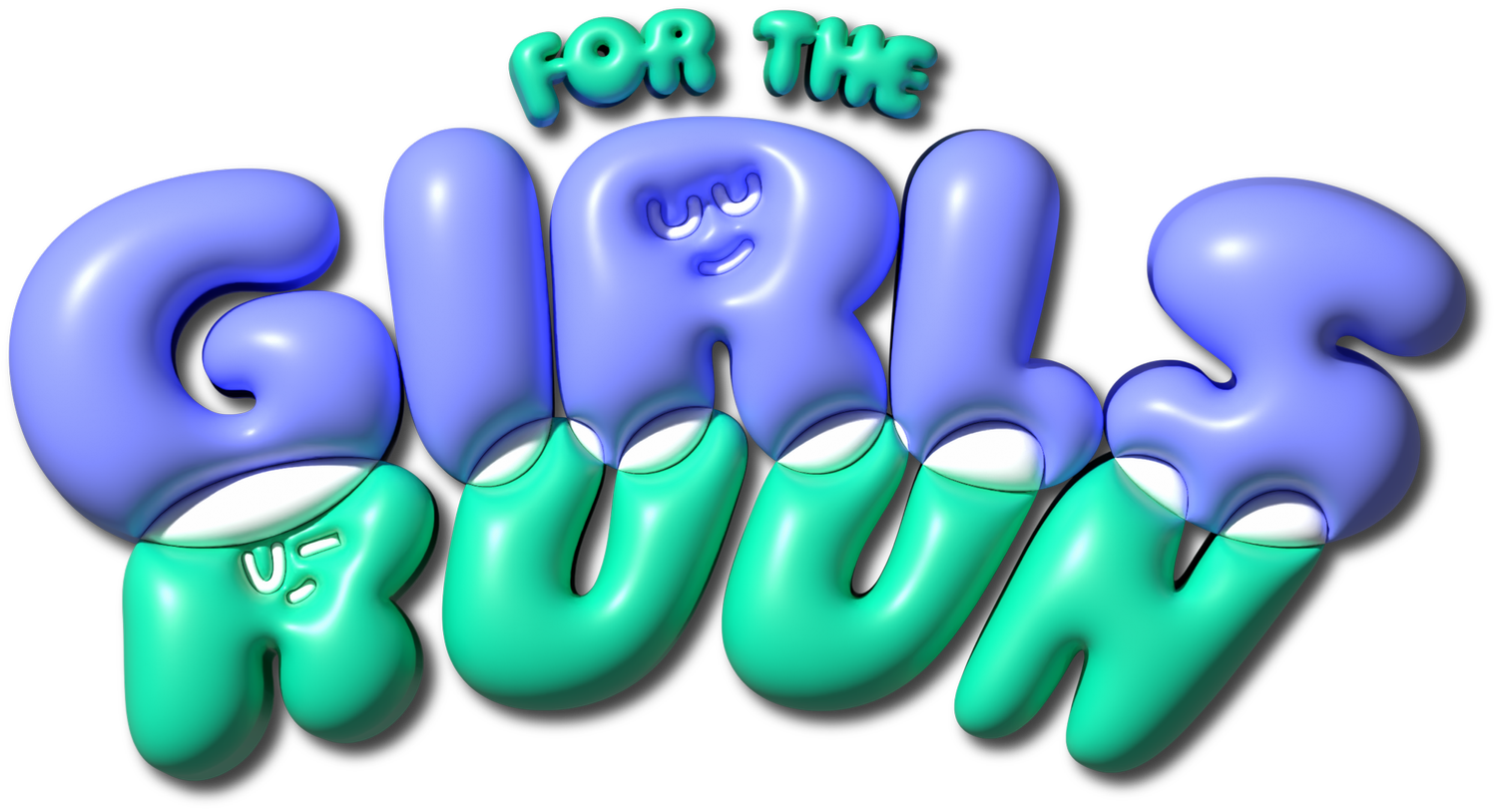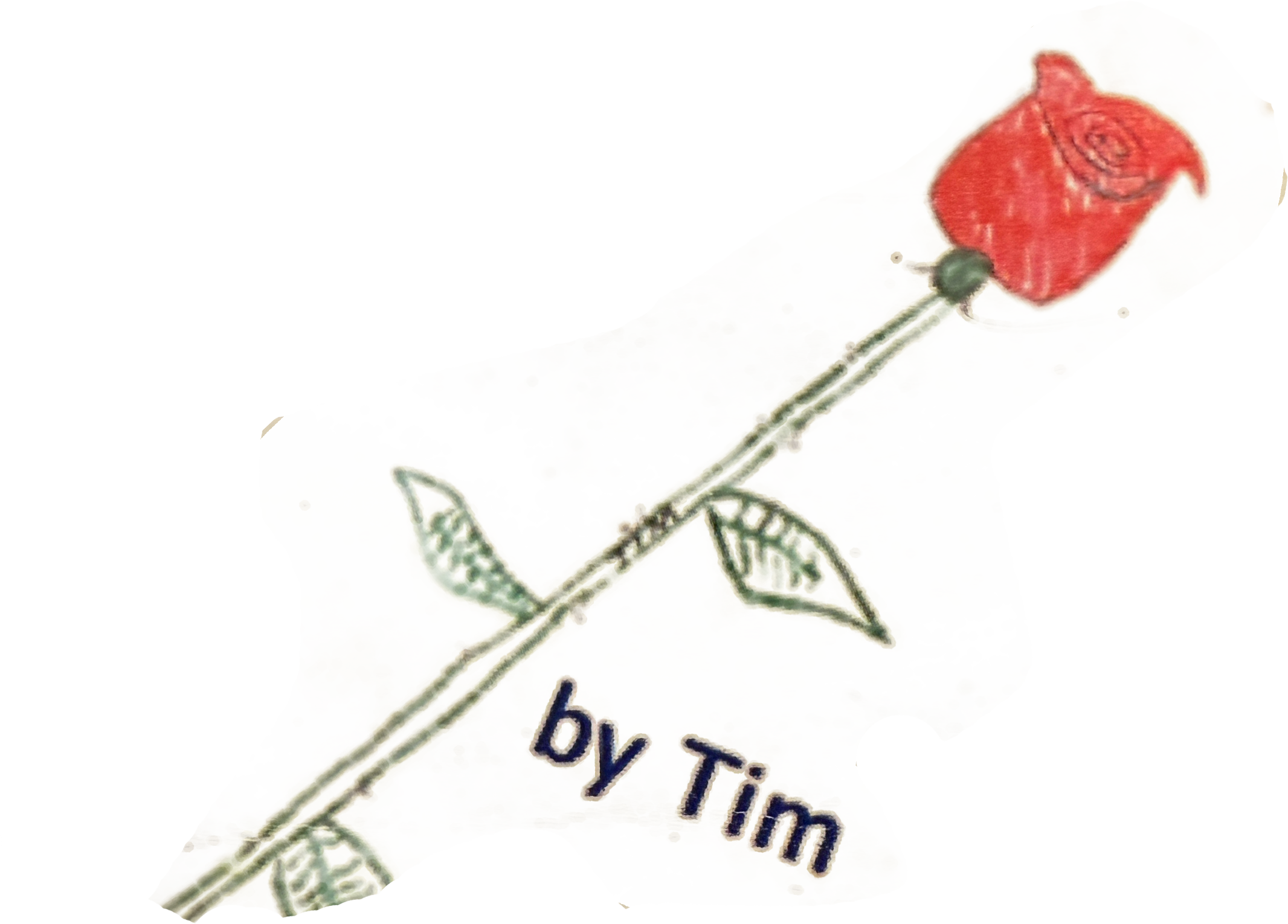The why
When I was 10 years old, my mum died of breast cancer. Being so young, my memories of her aren’t sharp snapshots anymore – they’re more like feelings. They fade a little more every year. When I think of her, it’s not a collection of welcome memories, but an emotional response that comes out of somewhere deeper. Mum was first diagnosed when I was 4. At that age, my comprehension was basically non-existent. I was more focused on my Pokémon money box than the word “cancer.” We grew up poor – really poor – but what we lacked in money, Mum made up for in vibrancy and love. The kind of love that radiated louder than anything we owned.
Then came six years of emotional turmoil. I couldn’t understand the situations, but I could feel them. The moments where Mum was too weak to play with me. Sitting by her bedside instead of running around outside. Watching her lose her hair and not really understanding it – only knowing that I felt embarrassed when she came to school bald.
As an adult, I’ve wrestled with the shame of that embarrassment. But I was a kid who didn’t understand. One of the few moments of joy came when her hair started growing back after treatment. She’d always wanted curly hair and to her surprise, it grew back so curly it felt like a sign that maybe everything would be okay. But everything wasn’t okay.
We lost our house because we couldn’t afford it. My father had become her carer, living off a Centrelink income. Just when we thought things might be settling, the cancer came back for round two. The mastectomy wasn’t enough – it wanted to dig deeper. That was the turning point. My immediate family started splintering. My siblings clashed with my father, especially around his faith and the choices he made. One by one, my two brothers and sister left. By the end, there was just me – a 9-year-old, too young to understand the fights, the money, the sickness, or the silence.
Then, when I turned 10, it happened. I was at a friend’s house playing Pokémon, you gotta catch them all you know. My father picked me up, and in the car he told me Mum had died. There weren’t words, only tears. When we got home, an ambulance was parked outside, taking her body away. I bolted to my room, crawled under my desk, and stayed hidden there for what felt like days. At her funeral, I held the order of service. On the back, I had drawn a rose for her – roses were her favourite. My eyes were so soaked with tears I could barely see it.
Afterwards, everyone treated me delicately. At school I became “the kid whose mum died.” I was left wondering: could it have been prevented if we’d had more money, more time, more awareness? The only thing I knew – and still know – is that I was just a kid who didn’t have a mother. And yet, the knock-on effect of all this has been that I’ve grown into an adult who values kindness far above anything material. Because the one thing I’ll never forget is that love radiated stronger than circumstance.
- Timothy Goode


